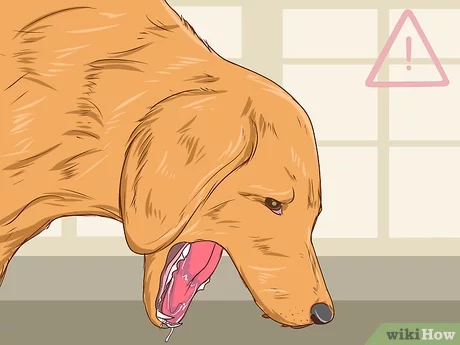How Many Grams Of Protein Is In Dog Food
When it comes to our furry friends, we always want the best for them. A balanced diet is no exception, and protein plays a vital role in it. But how many grams of protein should be in dog food? Let’s dive into this topic.
Protein is essential for dogs as it helps build and repair tissues, promotes healthy skin and coat, supports a strong immune system, and provides energy. The amount of protein a dog needs varies depending on factors such as age, breed, activity level, and overall health.
The Association of American Feed Control Officials (AAFCO) recommends a minimum of 18% crude protein for adult dogs and 22% for growing puppies. However, some dogs may require higher amounts of protein due to their specific needs.
High-quality protein sources include meat, fish, eggs, and dairy products. Plant-based proteins such as soy or wheat gluten are also an option but are not as biologically available for dogs as animal-based proteins.
Nowadays, many dog owners opt for grain-free diets for their pets. However, it’s important to note that grains such as rice or barley can provide high-quality protein and other essential nutrients for dogs.
It’s also crucial to read the ingredient list when choosing dog food. Look for whole food ingredients rather than by-products or fillers. The order in which ingredients are listed indicates the quantity present in the food.
In addition to the amount and quality of protein, the digestibility of protein is also important. Highly digestible proteins provide more amino acids that can be absorbed by the body and put to use.
As previously mentioned, every dog has different needs when it comes to protein intake. Working dogs or those with high energy levels may require more protein than couch potatoes. Senior dogs may need less protein to avoid stressing their kidneys.
It’s always recommended to consult with a veterinarian before making any significant changes to your dog’s diet. They can recommend the appropriate amount of protein based on your dog’s individual needs.
In conclusion, ensuring that your furry friend has an adequate amount of protein in their diet is crucial for their overall health and well-being. Pay attention to the ingredients and quality of protein sources in their food, and consult with a veterinarian if you have any concerns. Happy eating!



